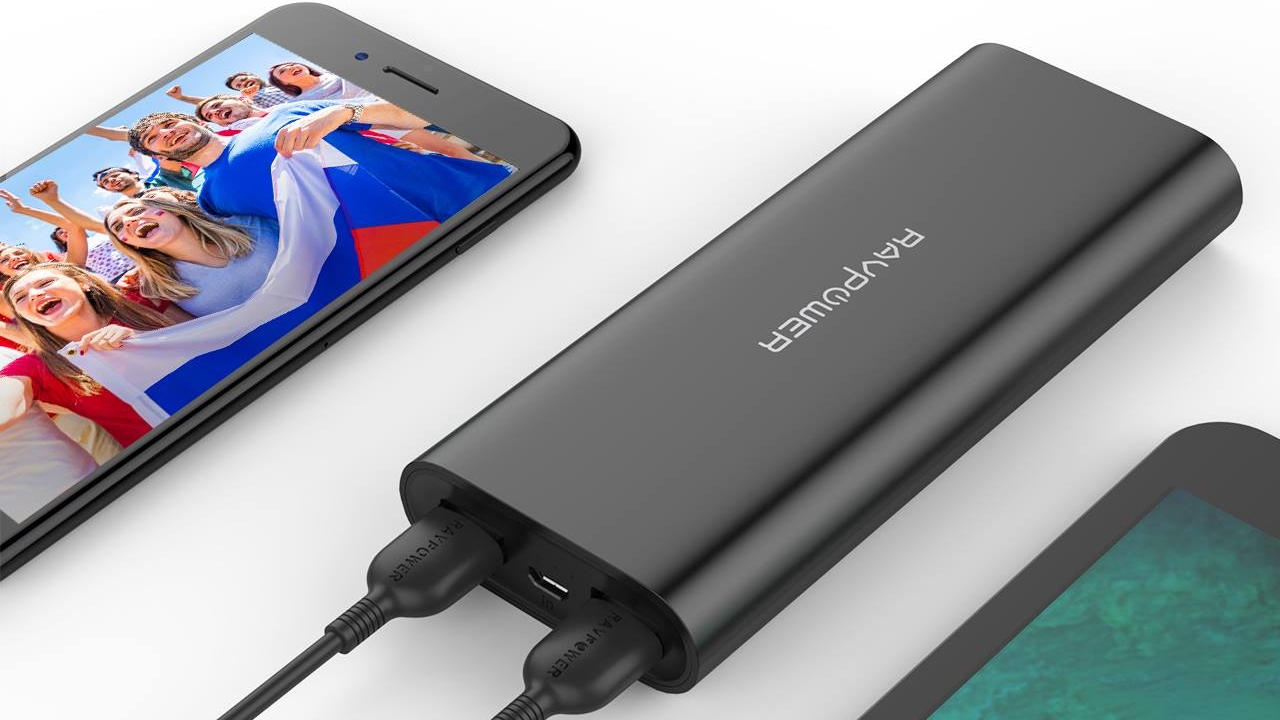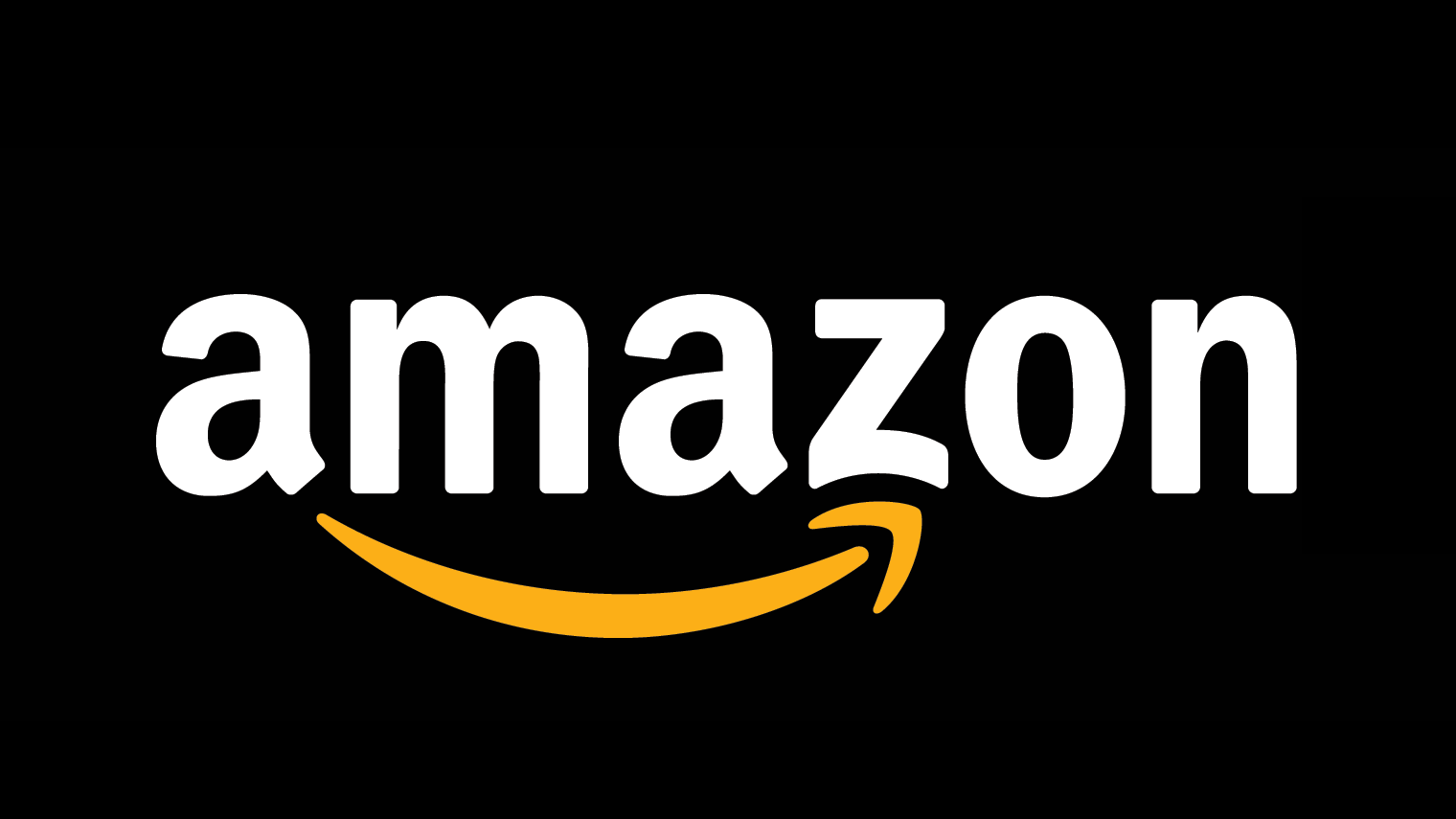Here's why you can't buy new power banks from RavPower, Aukey or Mpow
Big brands in the bin

If you're perusing Amazon for smartphone power accessories, like wall chargers or power banks, you might notice that lots of the entries that would normally populate the website's listings have disappeared.
Aukey, Mpow and RavPower, some of the biggest brands for this kind of gadget, have all had their listings removed from Amazon - and now the tech supergiant has confirmed to The Verge that it pulled the plug on these products itself.
Now, you can't find products by these companies at all - if you search their brand names, sometimes you'll find listed items with 'Currently unavailable', other times the listings will purely be populated by competing items.
- These are the best smartphones
- Amazon's Prime Day 2021 is nearly here
- What's the iPhone 13 going to be like?
So what happened?
So what happened, and why were Aukey, Mpow and RavPower removed from Amazon? Well no-one from the companies has said as much, but most people are speculating that it's to do with fake reviews.
Fake reviews are a problem for Amazon and other e-commerce websites - they're when companies tempt people into posting dishonest reviews, usually in exchange for money. In this case, prominent Wall Street Journal tech reporter Nicole Nguyen reported RavPower offered them an Amazon gift card in exchange for a positive review.
Following my fake review story, listings for Amazon-native electronics brand RAVPower are gone. The company offered $35 gift cards for reviews on a product that was sold directly by Amazon itself. RAVPower acted as a wholesale vendor on that listing.https://t.co/6nazZZ5Wtb pic.twitter.com/znp9u48YHVJune 16, 2021
Obviously, paying people to give your product a positive review is highly unethical - and while 'ethical' and 'Amazon' are often contradictory words, the company does ban paid reviews, making this against its rules.
Many online retailers have issues with fake reviews, with Wish and Amazon known as two of the worst affected sites. Since user rating is so highly weighted in search results, if a manufacturer can amass many positive reviews, it could rank higher than lots of similar products - and apparently paying for dishonest reviews is easier than just making good products.
Get daily insight, inspiration and deals in your inbox
Sign up for breaking news, reviews, opinion, top tech deals, and more.
By banning some prominent brands that have been caught out trying to get paid reviews, Amazon seems to be making a stand against dishonest practices. But it could be doing a lot better.
Only Amazon-mandated fake reviews, please

Amazon's rules against 'incentivized reviews' apparently don't extend to its own platforms - we're referring to Amazon Vine, an invite-only service for prolific product reviewers.
The way it works, is that Vine users get sent loads of free stuff to review, from a wide range of retailers, including some pre-release gadgets and products.
On the surface, this platform seems above board - companies aren't allowed to influence the reviews in any way, and Vine Voices (the people who got all the free stuff) are allowed to post negative reviews if they see fit.
This is a good defense, but a disingenuous one - people are more likely to give a product a positive review if they didn't pay for it, especially without the context of the price tag. So retailers that opt into Vine are still gaming the system to a degree, and coasting on the gratitude of people receiving free swag.
Often, money isn't needed to encourage someone to post a fake review, as the free product (that they get to keep) functions just like a monetary reward.
So while Amazon is apparently taking steps to crack down on fake reviews, its own services still contribute to them.

Tom Bedford joined TechRadar in early 2019 as a staff writer, and left the team as deputy phones editor in late 2022 to work for entertainment site (and TR sister-site) What To Watch. He continues to contribute on a freelance basis for several sections including phones, audio and fitness.